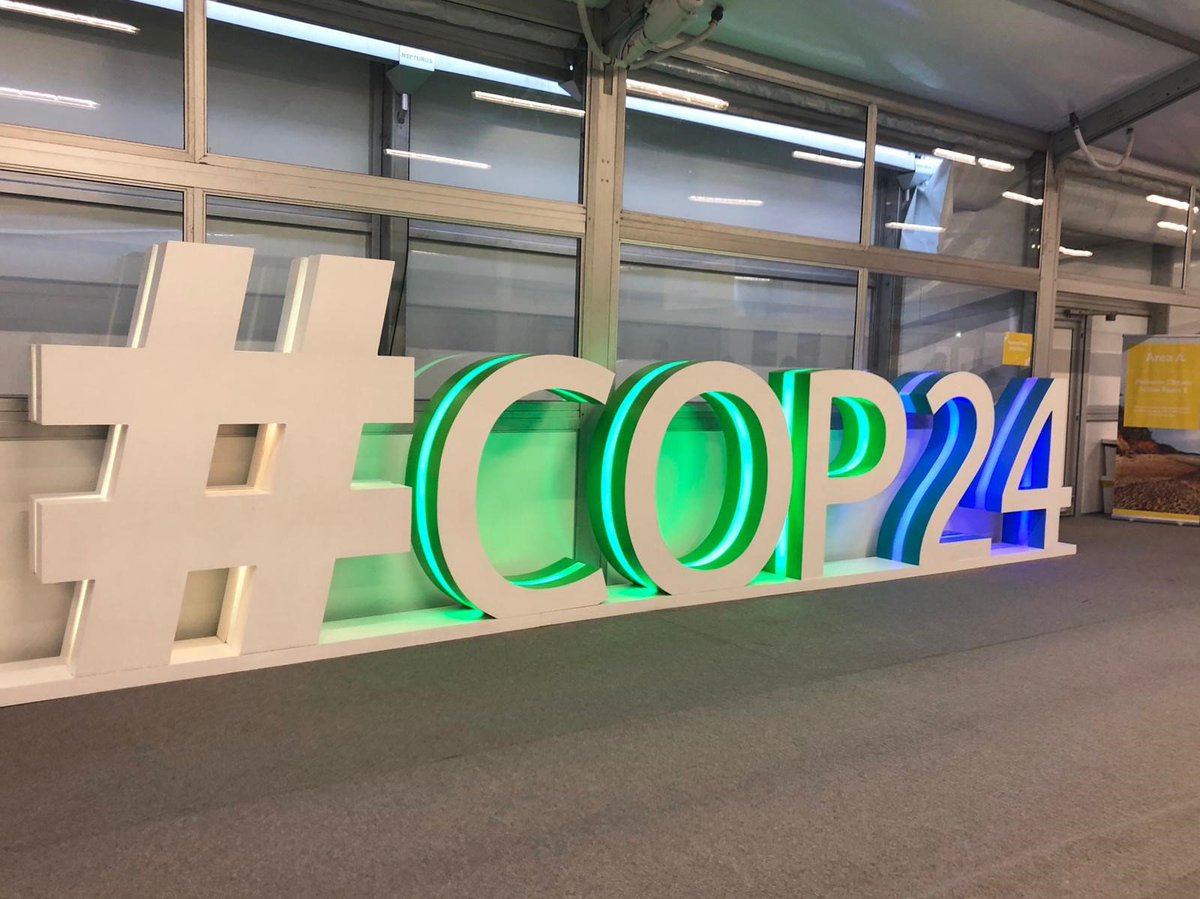Climate summit to conclude, key issues including finance remain unresolved

- Country:
- India
Diplomats from around the world, assembled at the UN Climate talks here, stepped up their efforts on Thursday to finalise a deal on a rulebook for full implementation of the Paris pact post-2020 even as civil society organisations raised apprehensions over the lack of consensus on key issues.
With less than 24-hours before the UN Climate conference (CoP 24) is due to conclude, key issues including elements of finance remained unresolved so far.
CoP watchers say that the standoff between the developed nations and developing countries on a host of issues including the flow of finance could delay the outcome of the conference.
A coalition of African environmental Civil Society Organisations under the umbrella of Pan Africa Climate Justice Alliance (PACJA) said they were "greatly disappointed with the negotiation progress and lack of ambitious outcomes on the climate finance".
There is still no clear roadmap to fulfil pre-2020 commitments, climate finance commitment and no conclusion on the discussion of the robust climate finance communication and reporting framework for developed countries, they alleged.
The PACJA, in a statement, also conveyed their discomfort with the emerging trend where developed country parties want to shift their climate finance obligation to private companies.
India has already said the Paris climate agreement was "non-negotiable" and there could be no compromise on the basic principles such as equity and Common but Differentiated Responsibilities and Respective Capabilities (CBDR–RC).
"We all agree that the Paris Agreement is non-negotiable. Therefore, the delicate balance reached between developed and developing countries must be retained, and the principles such as equity and Common but Differentiated Responsibility and Respective Capabilities must be given its due," India said at the ministerial session of the UN Climate Conference Wednesday evening.
Meanwhile, the World Bank, Canada and the UK, Thursday announced financial, technical and advisory support for developing nations that have decided to transition away from coal and accelerate the uptake of a cleaner source of energy.
The Canadian government pledged up to 275 million Canadian dollars to fund the World Bank’s energy transition and Coal- Phase-out programme.
The funding will help developing countries in Asia to slow coal production while scaling up energy efficiency and low-carbon energy alternatives, a World Bank Group statement said here.
At the same time, the UK government pledged 20 million pounds to the World Bank’s Energy Sector Management Assistance Programme (ESMAP), a global knowledge and technical assistance programme administered by the World Bank to help low-and-middle-income countries implement environmentally sustainable energy solutions.
(With inputs from agencies.)
- READ MORE ON:
- World Bank Group statement
- The World Factbook list of developed countries
- Paris Agreement
- International Conference on Climate Change
- Efficient energy use
- climate finance obligation
- Efficiency
- World Bank’s energy transition
- Climate
- energy efficiency
- Paris climate agreement
- developed nations
- Developing country
- robust climate finance communication
- middle-income countries
- Climate conference
- Developed country
- Bureau of Energy Efficiency
- World Bank’s Energy Sector Management Assistance Programme
- Climate change










